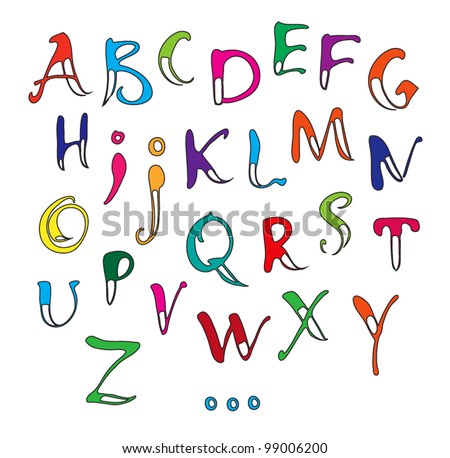 |
| http://www.internetmonk.com/archive/only-in-silence-the-word |
Nonetheless, the same King Solomon who authored Proverbs points out elsewhere (Ecclesiastes 3: 7, according to the teaching that he authored this wisdom literature as well) that there are indeed times to speak: עֵת לַחֲשׁוֹת וְעֵת לְדַבֵּר.

So, the question is - when is the better part of wisdom to stick your neck out and say something, and when should you keep quiet? And...how to choose between the two, of course. Surely, we can list the scenarios when one might deliberate whether to say anything.
High on the list is rebuke - when is it appropriate to rebuke another person? What relationship must be in place for rebuke to have a chance of being effective?
As a matter of Jewish law, giving rebuke is a mitzvah - commanded (since I'm giving sources today, see Leviticus 19:17). But the legal commentators limit that requirement to only those circumstances in which one has hope of being effective. Indeed, that may depend on the relationship - parents, teachers, authority figures may have better hope of exhorting the change they wish to see. It may also depend on the manner of rebuke. The general rule is that one attracts more flies with honey than with vinegar (who wants to attract flies, honestly?), and often a sweet approach will coax another to your cause, even unto reforming him or herself. But sometimes, firm tough love is not only the best means of rehabilitating undesirable behavior, but the only means (tough on the practitioner, though).
Low on the list is unsolicited criticism - when is it appropriate to criticize another, unasked? What relationship must be in place for criticizing to be legitimate (even if it might be warranted)?
If criticism is constructive, then it does not fall into this category. I mean the kind of critique that feels gratuitous, even if the critic has a point. And for this kind of speech, two really good rules of thumb are available: "when in doubt, do without" (if you aren't sure if you should criticize, you'll probably do better keeping your mouth shut); and "if you don't have anything nice to say, say nothing." That second rule is especially useful to people who believe that any and all of their criticism is constructive - though the recipients of their instruction react otherwise. Are there any relationships where gratuitous criticism is warranted? I'll go out on a limb and say no. If you are in a position of being responsible for the welfare or improvement of another, then figure out how to turn your gratuitous criticism constructive. Or keep it to yourself.
In between (well, since I'm not suggesting the effective rebuke and egregious criticism are the extreme ends of the spectrum, these are officially "in between" too, but no matter), fall all of the comments that you want to say, but aren't sure you should and all of the comments that you know you must say, but really don't want to.
- You have lettuce between your teeth.
- I'm just not that into you.
- or alternatively, early on: You're the best thing that ever happened to me.
- The boss thought you were out of line.
- I'll do this work for free.
- You have a lot of nerve...
- No problem!
Do you want to say the unpopular thing? I bet you don't. I bet you don't want to render yourself vulnerable either. Most people avoid putting themselves at risk most of the time. Even when it behooves them to stick their neck out. Though if you really don't know what you're talking about, you'll do far better by keeping quiet.
And for the extremes...
The above deliberations do not address the obvious requirement to notify sleeping folks of fire in a burning building, or key authorities regarding caregiver abuse, or any of those other occasions when one is simply required to speak. Nor do they address the obvious requirement to refrain from slander and hate-speech.
One final opportunity to speak or remain silent stops me in my tracks. The trickiest "in-between" cases, I believe, are when speaking will make or break the dynamic between people. When describing a situation makes it real...or when expressing an observation destroys what there was to be seen...When talking something through gets you through...or when talking about conflict highlights problems that otherwise might not truly have existed... Sometimes, words are required; sometimes, words shatter the moment.

Note that this post is not the "final word" on when to speak. We return to Proverbs (18:21) to remember that life and death are in the hands of the tongue - or, more precisely (since that figure of speech makes little sense: מָוֶת וְחַיִּים, בְּיַד-לָשׁוֹן - Death and life are in the power of the tongue. Whither speech?
No comments:
Post a Comment